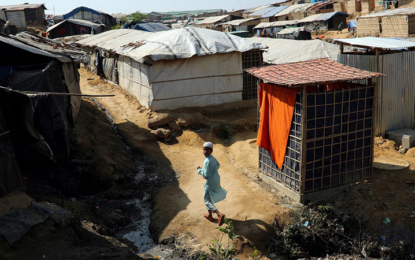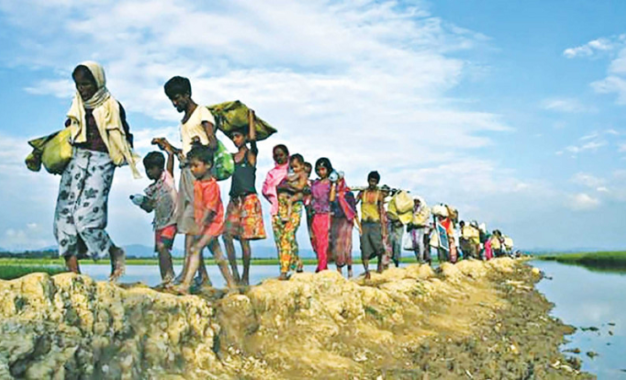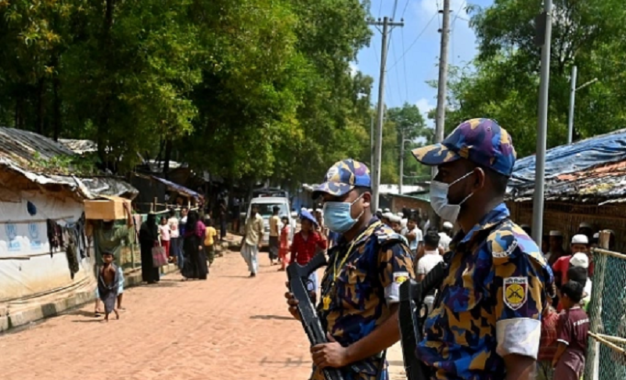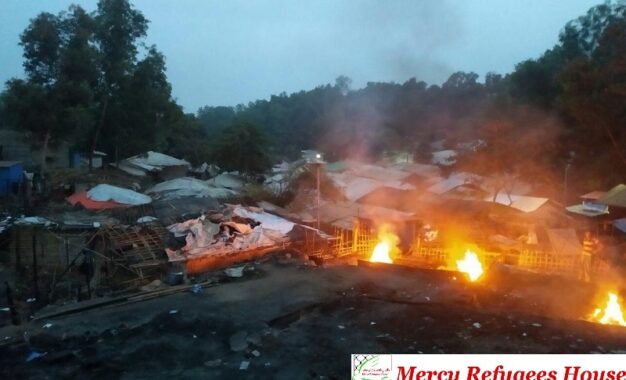Latest News
‘Safe zones’ plan shows Bangladesh is accepting Rohingya reality
Bangladesh, Myanmar, Refugees Issues, Religious Rights
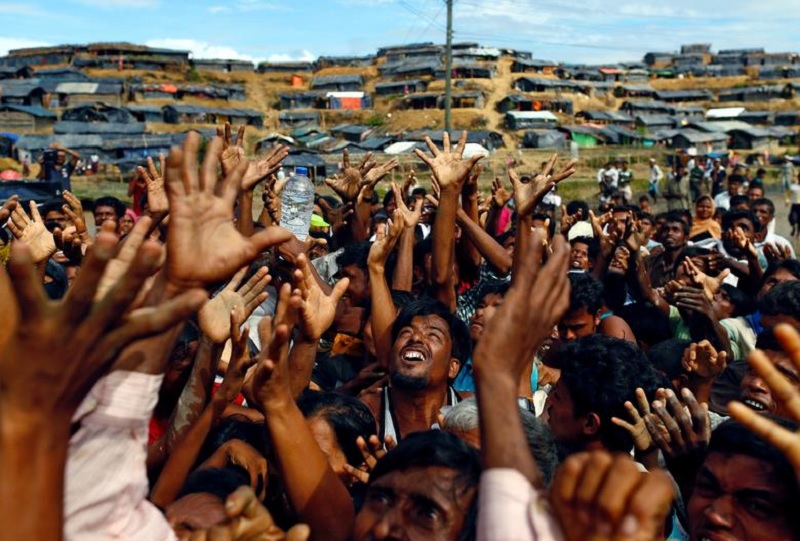
The government of Bangladesh this week called on the international community to establish “safe zones” within Myanmar to allow for the Rohingya to safely return to the country of their birth. This is not likely to happen, but it does signal a welcome evolution on the part of the government of Bangladesh on the Rohingya situation.
When the latest Rohingya crisis erupted in the second half of 2017 and hundreds of thousands of refugees poured over the border from Myanmar into Cox’s Bazar in Bangladesh, the Dhaka government misunderstood the situation and miscalculated its response. It assumed the situation would be temporary and that the issue could be resolved by negotiating with Myanmar to take the refugees back.
The government of Myanmar did come to the negotiating table and agreements were signed in January 2018, but those agreements were not worth the paper they were written on. The relocation of the refugees to Myanmar could only happen if this were safe, according to international law, and fortunately this was and remains the commitment of the government in Dhaka. Where the Bangladeshi leaders miscalculated was in assuming that their counterparts in Myanmar were negotiating in good faith and that they would create the conditions necessary for the return of the Rohingya.
ALSO READ THIS: GOVT FORMS HIGH-POWERED COMMITTEE ON ROHINGYA RELOCATION TO BHASHAN CHAR
Three years on, the legal and security environment for the few remaining Rohingya in Myanmar is at least as precarious now as it was at the peak of the refugee crisis. There are no more villages being burnt to the ground, but that is only because there are no more villages left to burn. There are no more large-scale assaults being directed against Rohingya civilians, but that is only because the majority of those who are still in Myanmar are held “safely” in internally displaced people’s camps. Most of the Rohingya refugees I have spoken to in the camps in Cox’s Bazar would dearly love to return to their native villages in Myanmar, but they will not do so if they cannot trust that they will be safe. And they rightly conclude that they will not be safe if they return under current conditions.
Amazon Sponsorship
Recent Posts
Jul 29, 2023
It has been close to six years since hundreds of thousands of Rohingya faced a deadly genocide by Myanmar’s military and fled the country in search of protection and refuge in neighbouring Bangladesh. The Rohingya population has been undergoing persecution, discrimination, arbitrary arrests, and atrocities in Myanmar for over seven decades. Their condition is alarmingly […]


